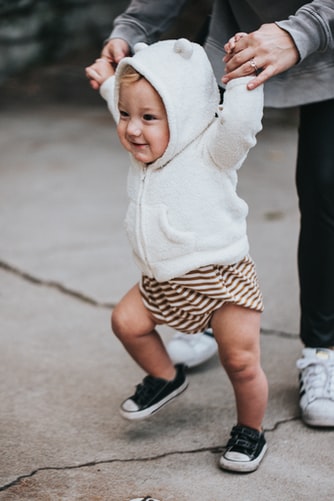After the newborn phase, parents often begin thinking about toilet training to help their little ones become more independent. However, there are some helpful tips that can make this journey easier for both parents and children.
- Appropriate Age: Age plays a crucial role in toilet training. If you start too early, the child may get confused, as they haven’t yet developed full bowel and bladder control. Typically, children gain bowel and bladder control between 24 and 30 months, making this the ideal time to begin toilet training. However, delaying training can also have negative effects, potentially leading to anxiety, constipation, urinary tract infections, and bowel control issues.
- 3-Day Rule: Start by removing your child’s diaper and dressing them in loose trousers or shorts. Stay at home and avoid social gatherings to ensure you can fully focus on your child. Pay close attention to signs of needing to pee or poop and take your child to the toilet every 45 minutes to an hour. Guide them gently to use the toilet. Accidents are a normal part of the learning process, but if one happens, stay calm. Gently clean your child, guide them again, and avoid yelling, scolding, or punishing. Remember, this phase will pass, so keep your patience.
- Best Season: Summer is an ideal time for potty training. If your child’s birthday falls in summer, it’s best to begin training when they turn 3, not right after they turn 2. In summer, children generally need to pee less frequently, and it’s easier to dress them in loose clothing or just shorts. Additionally, washing your child and their clothes is simpler in warmer weather.
- Attitude: Remain calm throughout the process. Encourage your child by gently reminding them that they can use the toilet to pee or poop. Even after a few days of successful training, accidents may still occur, but keep your cool and continue to guide your child patiently.
- Helping Tutorial Videos: In today’s digital age, you can use animated videos or cartoons that explain toilet training in a child-friendly way. However, avoid excessive screen time, as it may cause your child to miss important bodily signals related to needing the toilet.


Leave a Reply